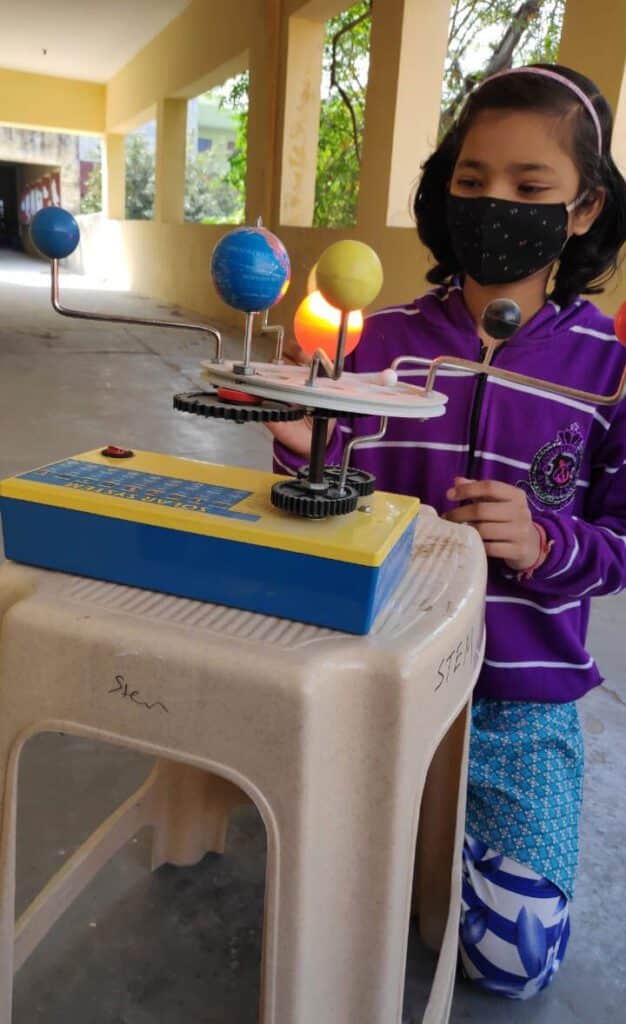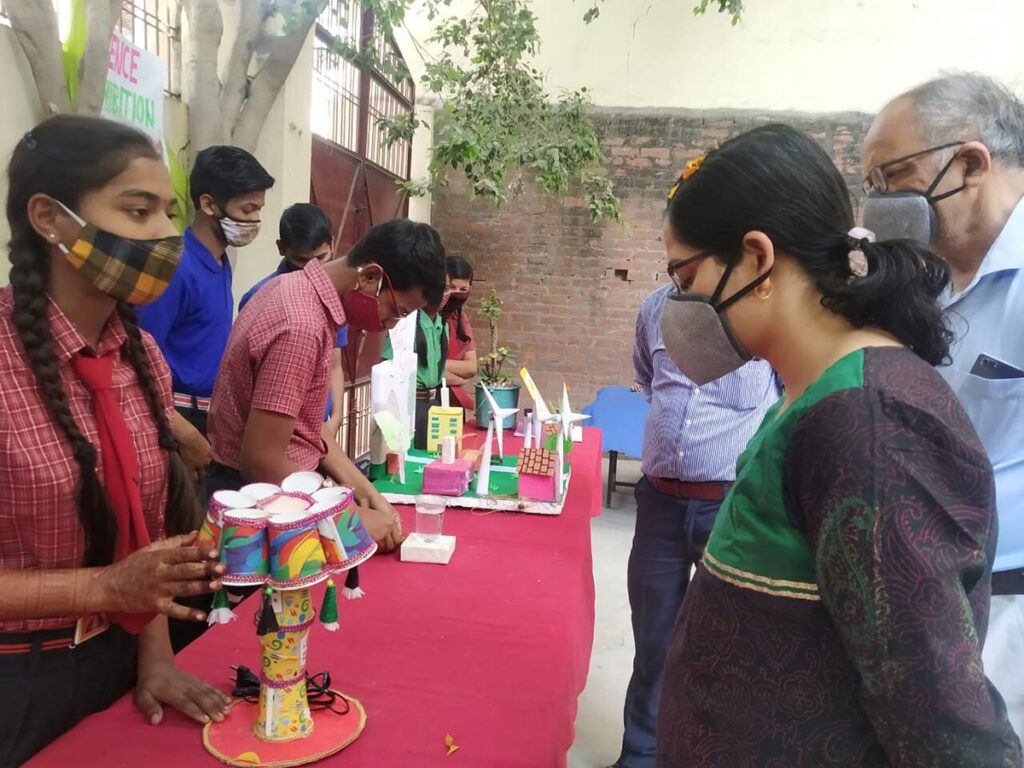july 2021

smilescapes
STEM (Science, Technology, Engineering, and Mathematics) is a crucial component of a well-rounded education for all students. These subjects provide access to and awareness about multivariate career disciplines.
A robust STEM education creates critical thinkers, problem-solvers, and next generation innovators. The fact is that India is one of the countries that produces the highest number of scientists and engineers, and the growth of STEM has picked up significantly over the last few years. With the launch of government initiatives such as “Make in India”, which pledges to make the country a manufacturing hub, the demand to produce skilled manpower trained in the field of science and technology has raised exponentially.
The set of core cognitive knowledge, skills, and abilities that are associated with STEM education are in demand in nearly all industries and would keep the future generation ready for taking up radically different professions influenced by factors like globalization, industry/exponential technologies, and demographics.
Rote learning creates stagnation in the learning process. It does not have a place for creativity and growth. A move towards science, innovation, and technology will usher in the much-needed changes in the education system. Experimentation, exploration, inquiry, debate, questioning, application, and reflection leads to theory building. New ideas are created which is important for the developing brain of a child. It also helps build confidence in children.
For this, all stakeholders, including educational institutions, teachers, principals, educationists, and policy makers must come together to discuss the gaps and find the solutions. Children must develop skills such as adaptability, communication, social interaction, problem solving, self-management, etc. The key focus areas should be explorative learning, problem solving, connectedness, and preparedness for the future.
Science, Technology, Engineering, and Mathematics are those areas in education and work where women are barely represented. This phenomenon is not limited to India but is seen globally as well. This has actually given rise to many movements. STEM Education for Girls and Girls for Coding are a few of them.
At Smile Foundation, our NGO partners have been working extensively to reduce the gap in this sector. They also work to bridge the gap between the privileged and the underprivileged children. And, in fact, they make education more inclusive with a strong focus on STEM to be promoted amongst girls in schools.
As a discipline of education, it indeed fosters some very innovative areas for learning. Hence, girl children are being encouraged to study fields such as coding, AI, robotics, big data, space research, etc. Smile Foundation’s Child for Child team has been working with children from both the privileged & the underprivileged strata of society. So we realize that gaps exist everywhere and hence we are working towards making STEM education more inclusive.
Science, technology, and innovation (STI) are universally recognized as key drivers for poverty eradication. STI also promotes access to learning and is considered essential for achieving the Sustainable Development Goals (SDGs) and Millennium Development Goals. Apart from increasing productivity, industrialization, economic growth, these will also lead to the creation of proper jobs. Moreover, STI will promote health, health-seeking behaviour, and access to essential drugs. There will be better food security in addition to the promotion of renewable energy to mitigate climate change.
Introduction of STEM learning can be a way of generating interest and bringing children back to school after the pandemic. Away from theoretical learning and moving towards a more practical and skills-based approach might just be what our suffering education system needs.





